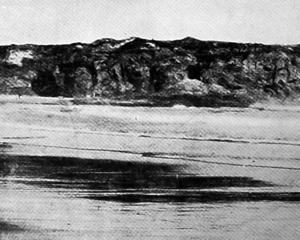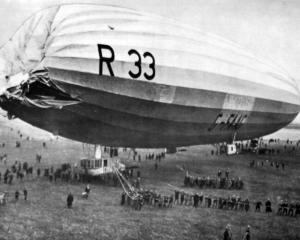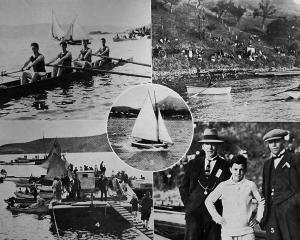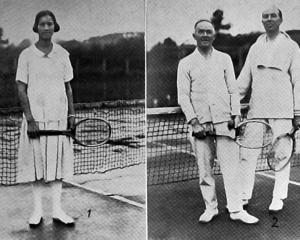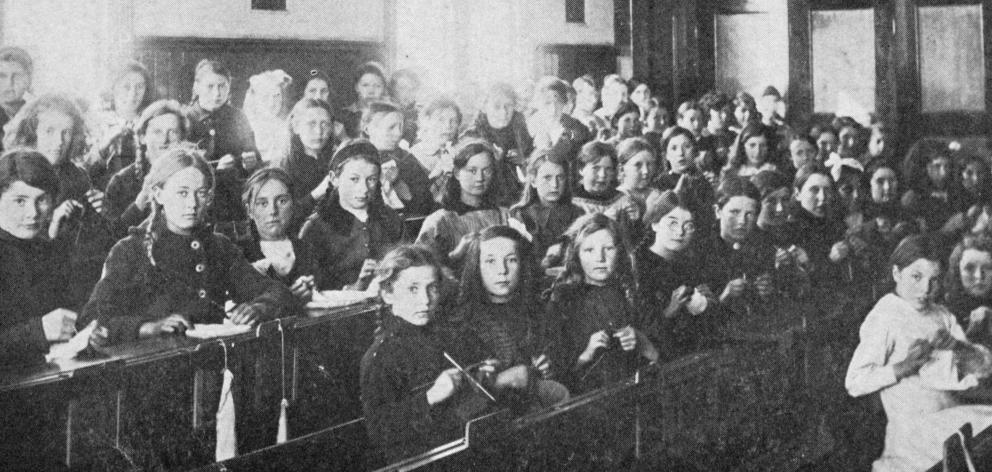
Mr Isitt, who had just reached man’s allotted span, was born in Bedford in 1846. He was educated at the Bedford Grammar School, and, determined on a commercial career, he proved so energetic and able that at a very early age he occupied the position of London shipping agent to the well-known firm of Gillies Garnet. Abandoning solid business prospects, however, he entered the Wesleyan Methodist ministry, and offered for mission work. After taking a theological course at the Richmond College, he was appointed to New Zealand, then a mission station; and, in company with the Revs. W. J. Williams, J. J. Lewis, and J. S. Smalley, he arrived at Auckland in 1870. His first appointment was to Balclutha, and it was what he saw of the effects of drink upon the settlers in that young township that displaced a contempt for teetotalism by convictions that largely shaped his after career. In 1874 he married Miss Mary Purdie, the daughter of Dr W. Purdie, one of the first medical men to practise in Dunedin. After occupying the Port Chalmers and New Plymouth circuits, he broke down in health, and for eight years conducted an agency business in Christchurch. Directly medical opinion would allow, he resumed his ministerial work, and was successively appointed to Invercargill, Nelson, and Christchurch.
With the approval of the Methodist conference, he occupied the position of secretary and organising agent to the New Zealand Alliance, and it was under his zealous and efficient leading that the prohibition movement attained the strength and influence it at present possesses in this dominion. Failing health alone compelled the relinquishment of the work he loved so much. Mr Isitt’s labours in the temperance cause and in connection with his own church are well known, but very few people know of one feature of that work. Passionately fond of children, in days when orphanages were few, with infinite trouble he sought out homes for orphaned or destitute little ones, and to-day there are scattered throughout the length and breadth of New Zealand happy and prosperous men and women, some of whom will never know that they are not the sons and daughters of the good people who on Mr Isitt’s instance adopted them. An able speaker, a man of wide reading, broad thought, and of genial sympathy, Mr Isitt has served his day and generation nobly, and holds rank with the foremost of those pioneers to whose self-sacrificing and persistent efforts and lofty citizenship New Zealand owes so much. It was characteristic of the man that he frequently expressed the wish that at any memorial service that might be held for him there would be no draped pulpit or wailing dead march, but flowers and some Jubilate Deo — some song of faith, gratitude, and triumph.
• It is almost unbelievable, but the Balclutha Free Press is reliably informed that a number of local young men (fortunately not a large number) who had made up their minds that they would not go to the war have somehow discovered, and put into practice, an old trick of the regular British army malingerer in pre-war days, when he desired a few weeks in hospital by way of vacation and release from the monotony of barrack life. This is neither more nor less than to eat a portion of a substance pertaining to a soldier’s equipment, which has the effect of quickening the action of the pulse and increasing the blood temperature in such a manner that a doctor might readily be deceived into thinking a man was not in a fit state to go into camp. It would be impolite to publish the name of the substance, but it is known to old "swaddies".
How such a trick came to be known and practised in a place like Balclutha is the surprising thing, and while it speaks volumes for the ingenuity of the young men concerned, it does not redound to their credit. — ODT, 13.11.1916.
• COPIES OF PICTURE AVAILABLE FROM ODT FRONT OFFICE, LOWER STUART ST, OR WWW.OTAGOIMAGES.CO.NZ

